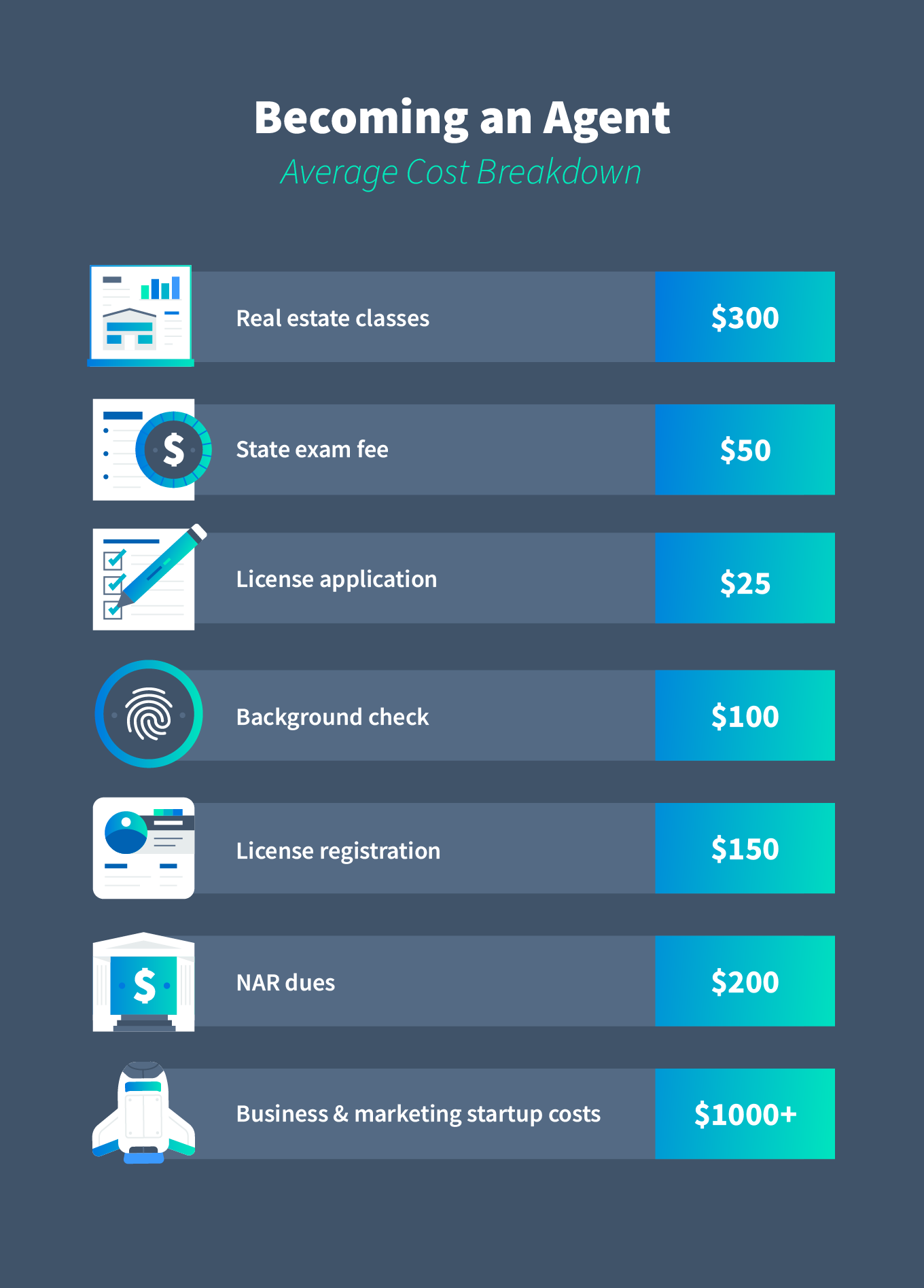
Before you buy a REIT, you should know more about the company. You should learn about the company's past and how it compares with other companies. This will enable you to decide if it will return good dividends. Know the risks associated with REITs.
Tip: Buy REITs
If you are considering investing in REITs, it is important to consider the quality of the company and its earnings before making a decision. The company's earnings are made up of any dividends and funds from its properties. You should also look at the fees associated with the investment. Diversification by REITs is another important factor. Some REITs invest heavily in a particular type of property. This can increase the risk that you will lose your investment. You can reduce your risk by investing in multiple REITs and diversifying your portfolio.
A brokerage account is one of the best ways you can invest in REITs. This allows you to purchase and sell publicly traded REITs in a matter of minutes. These investments are known for paying high dividends. REITs may also offer tax-favored accounts that allow you to keep your money in an account that is not subject to taxes. You won't be charged any taxes for the distributions you get.
Dividends are subjected tax
When purchasing REITs, investors should be aware of the taxes on dividends. REITs' dividends may also include capital gains. Capital gains occur when a company sells real property assets. The amount due will depend on whether an investor qualifies under special tax concessions. If he or she doesn't qualify for special tax concessions, the dividend will be taxed at the investor's marginal tax rate.

If REITs do not require close ownership, investors can avoid paying taxes. Investors should also be cautious about REITs with a less than five-year history of dividends. Generally, REITs cannot be held by more than 50% of individuals. Fortunately, the new tax law, the Tax Cuts and Jobs Act, provides a 20% deduction for pass-through income.
Liquidity
REITs need to be mindful of liquidity. It can help them withstand unexpected changes in the value of the assets. REITs may also be able to increase their worth by distributing some of their earnings towards their investors. REITs have used lower interest rates to boost their cash balances and improve liquidity during the recent downturn. REITs are not a safe investment as volatility is a part of the business.
REITs are also liquidity because shares can easily be bought or sold on the stockmarket. Investors have access to liquidity that can be used to access cash and change their investment strategies. Additionally, investors might find REITs attractive as real estate has no correlation.
There are risks associated with investing in REITs
While REITs can provide a steady income in the form of dividends, investors should also keep in mind that REITs are not risk-free investments. This is because REITs are traded just like stocks and can go down in value. REIT stocks can be risky investments. However, they have to compete with other high yield investment options.
The risk of interest rate rises is another. Rising interest rates can lead to higher borrowing costs for REITs which could impact their cash flow. These risks can be mitigated because REITs have strong balance sheets. Managers of these companies will try to maintain a healthy degree of leverage. Investors need to pay attention to this.

When to Buy
Before you invest in REITs it is important that you consider your financial situation as well as your investment goals. You should also understand the tax implications of REITs. They may not be the best option for investors looking to maximize their tax benefits, as they generate a lot of their value via dividend income.
Right now, the uncertainty surrounding the expiration of master leases is a major issue for REITs. Investors are often driven to sell due to this uncertainty. As a result, their fundamentals have taken a hit. Despite the uncertainty, most investors fail to take into account the fact that short-term issues have little impact on long-term prospects.
FAQ
What is the cost of replacing windows?
Window replacement costs range from $1,500 to $3,000 per window. The exact size, style, brand, and cost of all windows replacement will vary depending on what you choose.
How long does it take for a mortgage to be approved?
It depends on several factors such as credit score, income level, type of loan, etc. It takes approximately 30 days to get a mortgage approved.
How much money do I need to save before buying a home?
It depends on how long you plan to live there. It is important to start saving as soon as you can if you intend to stay there for more than five years. However, if you're planning on moving within two years, you don’t need to worry.
What are the cons of a fixed-rate mortgage
Fixed-rate mortgages tend to have higher initial costs than adjustable rate mortgages. If you decide to sell your house before the term ends, the difference between the sale price of your home and the outstanding balance could result in a significant loss.
What are the advantages of a fixed rate mortgage?
Fixed-rate mortgages guarantee that the interest rate will remain the same for the duration of the loan. You won't need to worry about rising interest rates. Fixed-rate loans offer lower payments due to the fact that they're locked for a fixed term.
Statistics
- Over the past year, mortgage rates have hovered between 3.9 and 4.5 percent—a less significant increase. (fortunebuilders.com)
- The FHA sets its desirable debt-to-income ratio at 43%. (fortunebuilders.com)
- When it came to buying a home in 2015, experts predicted that mortgage rates would surpass five percent, yet interest rates remained below four percent. (fortunebuilders.com)
- This means that all of your housing-related expenses each month do not exceed 43% of your monthly income. (fortunebuilders.com)
- Based on your credit scores and other financial details, your lender offers you a 3.5% interest rate on loan. (investopedia.com)
External Links
How To
How to buy a mobile house
Mobile homes are homes built on wheels that can be towed behind vehicles. Mobile homes are popular since World War II. They were originally used by soldiers who lost their homes during wartime. People today also choose to live outside the city with mobile homes. These houses come in many sizes and styles. Some houses are small while others can hold multiple families. Some are made for pets only!
There are two types of mobile homes. The first is built in factories by workers who assemble them piece-by-piece. This takes place before the customer is delivered. You could also make your own mobile home. The first thing you need to do is decide on the size of your mobile home and whether or not it should have plumbing, electricity, or a kitchen stove. Then, you'll need to ensure that you have all the materials needed to construct the house. To build your new home, you will need permits.
If you plan to purchase a mobile home, there are three things you should keep in mind. You might want to consider a larger floor area if you don't have access to a garage. Second, if you're planning to move into your house immediately, you might want to consider a model with a larger living area. Third, make sure to inspect the trailer. Problems later could arise if any part of your frame is damaged.
Before buying a mobile home, you should know how much you can spend. It is important to compare the prices of different models and manufacturers. Also, look at the condition of the trailers themselves. Many dealers offer financing options. However, interest rates vary greatly depending upon the lender.
Instead of purchasing a mobile home, you can rent one. Renting allows for you to test drive the model without having to commit. Renting isn’t cheap. Renters generally pay $300 per calendar month.